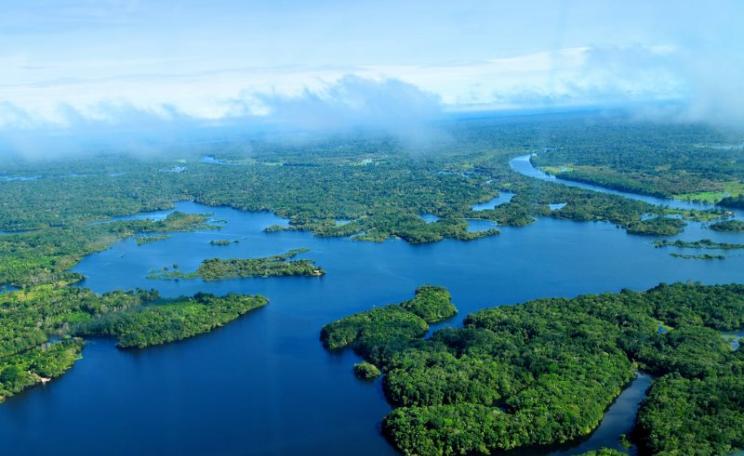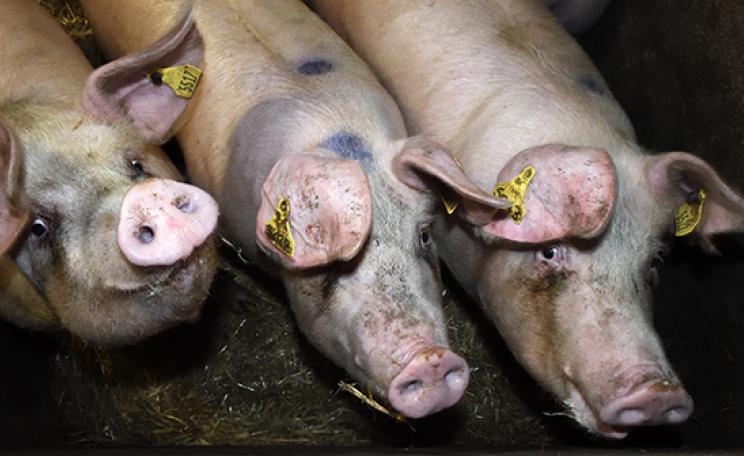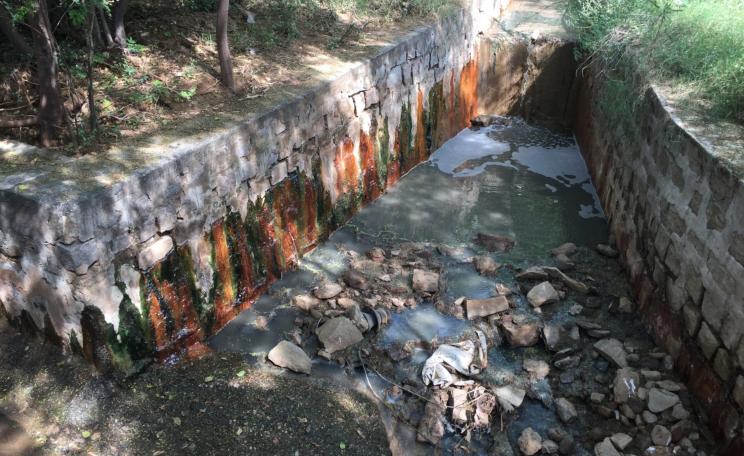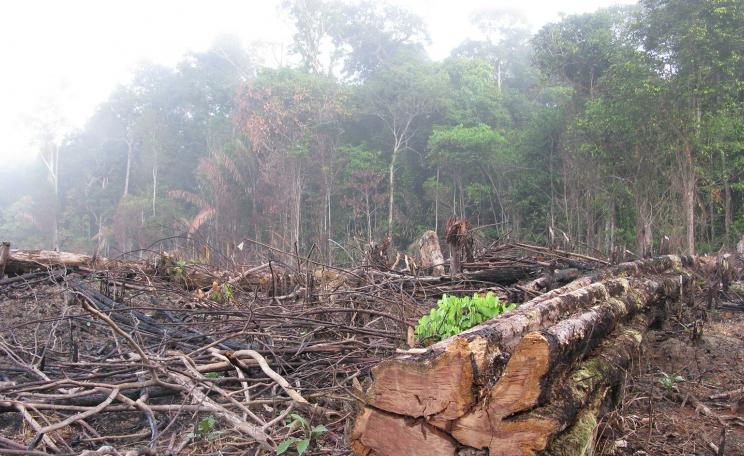Halliburton, the American oil services giant that featured prominently in the Deepwater Horizon disaster, has been lined up as a potential contractor in Britain’s oil and gas “fracking” industry, The Ecologist and The Independent have learnt.
The energy company, previously run by former US Vice President Dick Cheney, has held confidential talks with a British company planning to drill for oil and gas in the Sussex countryside, including on land that is within the South Downs National Park.
Internal documents produced by Celtique Energie, a privately owned oil and gas explorer with four licences to test for reserves in southern England, reveal that it held meetings with Halliburton about “farm-in” deals – industry jargon for sub-contracting – for three of its areas of operation in Sussex.
The document states that Halliburton, which was last month fined $200,000 (£125,000) by the American authorities for destroying evidence related to the aftermath of the Deepwater Horizon spill, had been shown data relating to the exploration wells and “appear keen”.
Environmentalists said the potential involvement of one the world’s biggest companies in Britain’s fracking industry indicated the accelerating scale of drilling envisaged across the country. Tony Bosworth, energy campaigner at Friends of the Earth, said: “People in Sussex have seen the impact of fracking in the US and the news that one of America’s biggest fracking companies could be coming to the area will make them even more ready to fight drilling plans.”
Halliburton invented the controversial oil and gas extraction technique known as hydraulic fracturing or “fracking”, that allows hydrocarbons to be removed by injecting a chemical fluid into shale rock formations. It is now the biggest provider of services in America’s fracking industry.
Backers of Britain’s nascent sector claim that the discovery of shale gas and oil reserves would give the UK greater energy independence at little cost – but opponents insist it is environmentally disastrous.
Critics, including activist group Frack Off, argue fracking involves an unacceptable level of water usage, contaminates water supplies and spills potentially toxic waste into the environment. They also say the process uses an unsavoury mix of chemicals – including known carcinogens – and is a cause of air pollution, traffic congestion, noise, and a host of other problems.
Cuadrilla, which has sunk highly-contested fracking test wells in Lancashire, was the target of angry protests over exploratory drilling in the Sussex village of Balcombe this summer, but now additional operators are preparing for further work in Britain’s so-called “dash for gas”.
Celtique and its investment partner, Magellan Petroleum, recently submitted a planning proposal to West Sussex County Council to construct a temporary well on land near the village of Wisborough Green, near Horsham. It is due to submit an application for a second well near Fernhurst in the South Downs National Park, a likely flashpoint for future protests.
The oil company said it does not yet know whether commercially viable oil or gas deposits will be found at either site or whether it they would be exploitable via conventional wells or “unconventional” techniques that include fracking. Geoff Davies, Celtique’s chief executive, confirmed last month that fracking could eventually be used at Wisborough Green, subject to further planning permissions and permits. “Should this data prove positive, Celtique may wish to explore these formations further, which could include the use of hydraulic fracturing at a new well on this same site,” he said.
The Celtique Energie documents, obtained by The Ecologist and The Independent, relate to a meeting of its board of directors in September 2011. They reveal a debate within the company about how high-profile it wanted its involvement in exploratory drilling to become – and a recognition that a partnership with Halliburton in the Sussex Weald would generate publicity.
The briefing paper states: “Do Celtique stay below the parapet on UK unconventional while permitting Weald conventional or do we join the debate now?” It adds: “Halliburton farm-in to Weald unconventional may force this issue early.”
In 2009, Halliburton was the operating sub-contractor on a fracking site in Pennsylvania where nearly 8,000 gallons of water and a concentrated lubricating gel – known only as LGC –35 CMB - spilt into a river. The licence holder for the site, Cabot Oil & Gas, was subsequently prosecuted.
Halliburton declined to comment on its talks with Celtique, saying the company “cannot comment on discussions about potential co-operation agreements”.
In a statement, Celtique Energie said: “Celtique has had discussions with a number of energy companies and service providers as per standard commercial practice, however no farm-outs are currently under discussion with any party and no drilling or associated service company contractors have currently been appointed.”
A version of this story appears in The Independent
| READ MORE... | |
 |
NEWS ANALYSIS Middle England and eco-activists unite in opposition to shale gas and fracking In a perfect storm, Middle England is joining forces with climate activists to say no to fracking and the UK's much-talked about shale gas boom |
 |
NEWS UK urged to ban controversial 'fracking' gas-extraction Gas extraction plans underway in Lancashire would pose a serious risk of contaminating ground and surface waters, says Tyndall Centre report |
 |
INVESTIGATION UK shale gas boom 'may be dirtier than coal' The greenhouse gas footprint of fracking may be higher than that of coal. Tom Levitt reports from the centre of this potential unconventional gas boom near Blackpool |
 |
NEWS ANALYSIS Shale gas fracking 'probable' cause of Lancashire quakes Controversial 'fracking' technique to extract gas from the ground was the 'highly probable' cause of earth tremors, report finds |
 |
NEWS Europe's scramble for gas sees controversial hydraulic fracturing Gas-extraction in the US has been linked to pollution and social conflict. Now Halliburton, Chevron and Exxon, among others, want to bring the so-called 'fracking' process to Europe |








